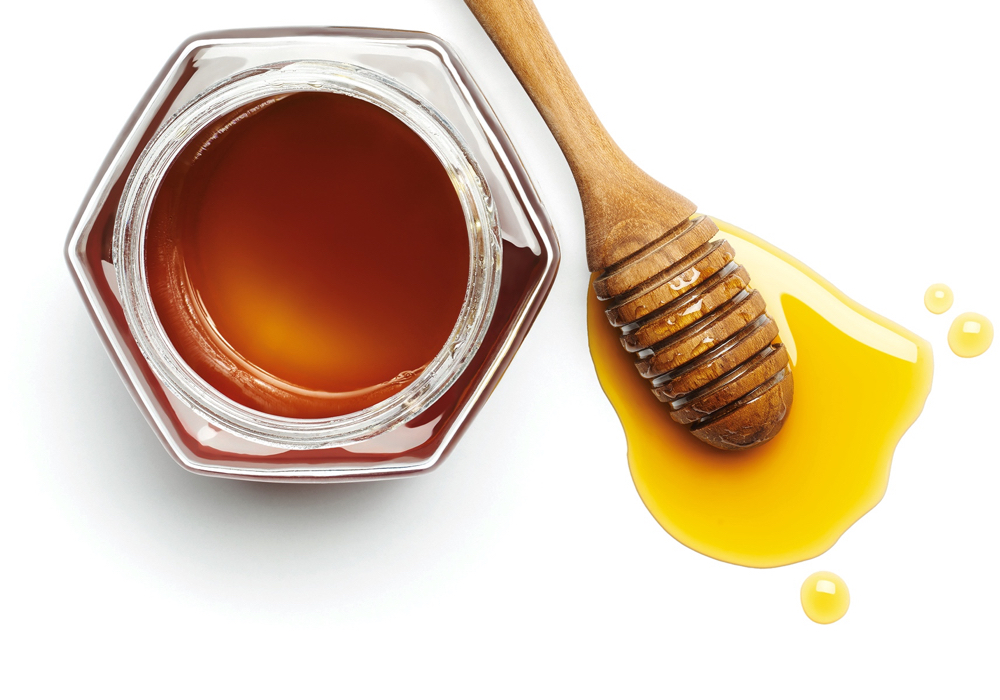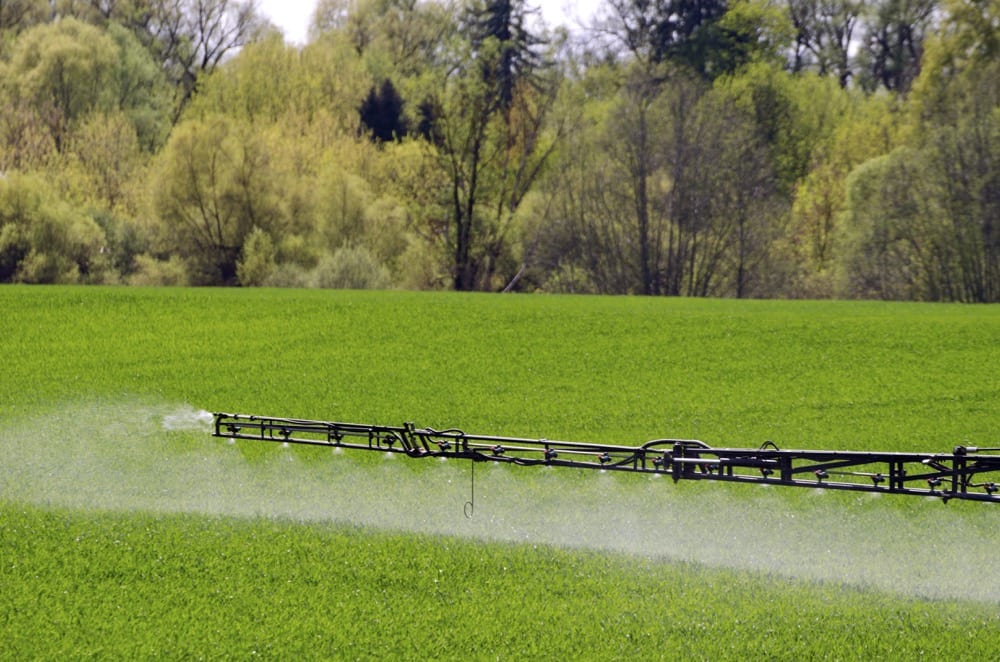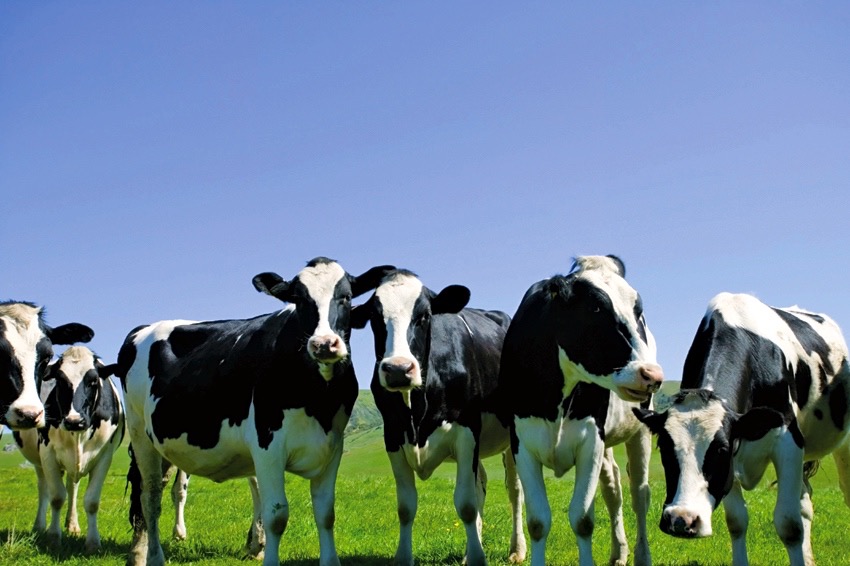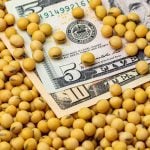Peak of the Market is back in the news, not that it’s ever very far from it. For example, week in, week out, every issue of the Winnipeg Free Press has a large advertisement with a daily recipe from Peak, each prominently featuring a photo of CEO Larry McIntosh.
However, those ads often feature vegetables as a minor ingredient, and they often include parsley, cilantro, basil, garlic and other products that Peak either doesn’t market or are long since out of season. So what’s the relevance of these ads to Manitoba growers of onions, carrots, potatoes and rutabagas?
Read Also
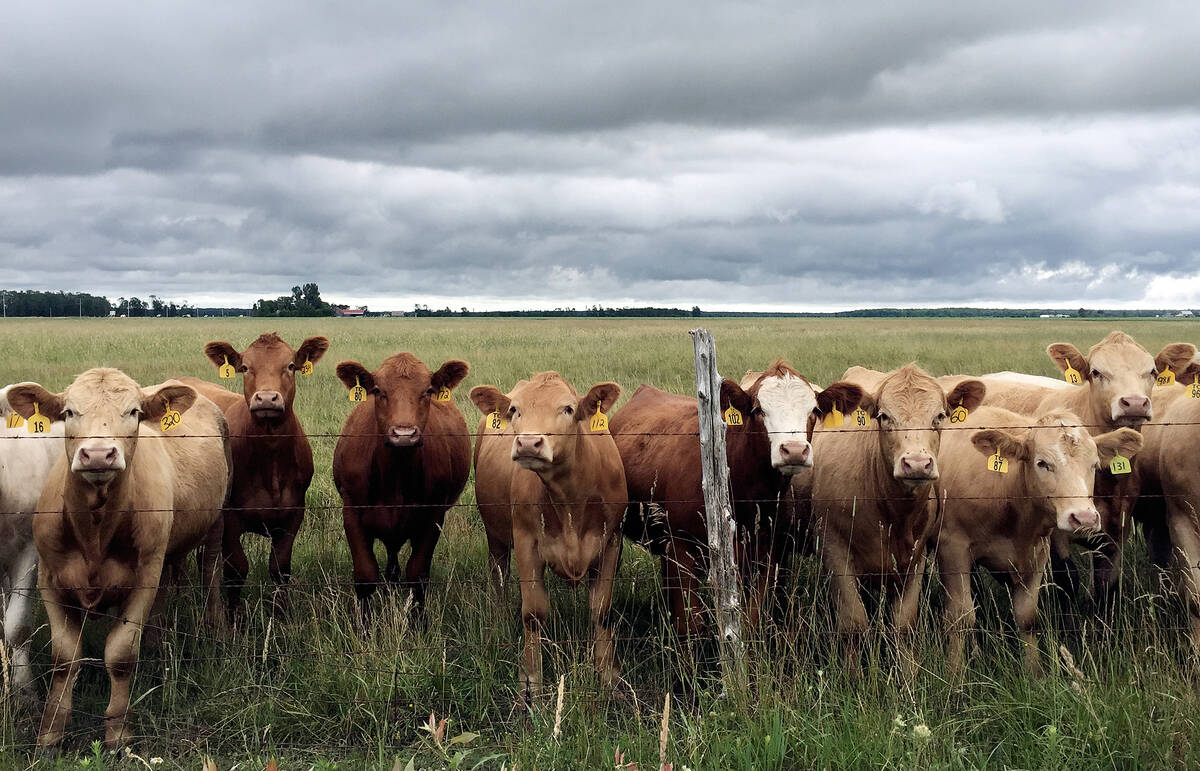
‘Everything is tuberculosis,’ ag funding debates included
Tools available against tuberculosis, in people and cattle alike, still appear to date back to the dawn of germ theory, showing a gap still exists between public interest and commercial profitability when it comes to innovations in human and animal health.
Good question, and one of the many questions that needs to be answered about Peak, including just exactly what it is and what it does.
The term “marketing board” may not be too fashionable lately, but that’s what Peak is. Its origins date to the 1940s when province’s vegetable growers — of which there were many more at the time — were looking for a more efficient system and some marketing power against big wholesalers. A large number of growers marketing a perishable product to a small number of buyers is not a good situation, at least not for the growers. So a marketing board makes eminent sense.
However, that’s not the situation today. For example, Peak now represents only three carrot growers. As we reported last week, one of those growers is not happy with Peak, having had a large number of carrots rejected at an estimated loss of $500,000. The grower has no option except to dump them as cattle feed, because Peak has the sales monopoly for carrots produced on anything more than one acre in Manitoba.
Peak says the carrots are too small to meet the grade required by customers. The grower disagrees. If this was a dispute over grain, the grower could go to the Canadian Grain Commission for a ruling. While the Canadian Food Inspection Agency sets vegetable grade standards, there is no such official dispute mechanism, so in this case Peak — the buyer — calls the shots.
There’s an argument to be made for ensuring quality and protecting a brand, but small or even homely carrots are still perfectly edible. In fact, there have been successful schemes to sell ugly vegetables in North America and Europe. Is there any evidence that Peak is trying something similar?
The grading question isn’t the only one about who’s calling the shots at Peak. This is not a wheat board type of organization, where every grower was guaranteed equitable access to the market. This is a marketing board, where you must have quota. If you’re a dairy or poultry farmer, you can buy quota, and if new demand opens up, the marketing boards have established and publicly visible mechanisms for allocating quota to new producers. Moreover, the directors of those boards hold their positions at the pleasure of several dozen or even several hundred producers who can vote them out if there’s any question of conflict of interest. Peak has only a very few directors, who happen to be the growers who already have most of the quota. This is not to say that they’ve been guilty of blocking anyone, but they’re in the uncomfortable situation of being seen in conflict of interest should any new entrants want quota.
If you’d like to know who those directors are, visit www.peakmarket.com and click on the “About us” link. There you will find approximately 1,100 words about “who we are,” 1,100 words about CEO Larry McIntosh and his many awards and accomplishments, and another 1,100 words of a “CEO’s message.”
Keep scrolling down and you will seen 19 professional photos of Peak staff, including two of Larry McIntosh, and photos of every Employee of the Year since 1996. But if you click on the “Directors” link, you see their names in small black type only, no photos.
That’s the wrong message about an organization that is supposed to represent growers. It underlines a growing concern about Peak — while it has certainly put a lot of effort into marketing, most of it has been about polishing the image of the CEO.
While Peak may well be doing a good job of serving customers, it’s not as clear that it’s doing as good a job in serving growers, or serving as many growers as it should.
A vegetable-marketing board may still make sense. But after 73 years, it’s time for the province to commission an independent review to confirm that, and to recommend whether its governance and regulations need an overhaul.
Like eating your veggies every day, it’s the right thing to do.




